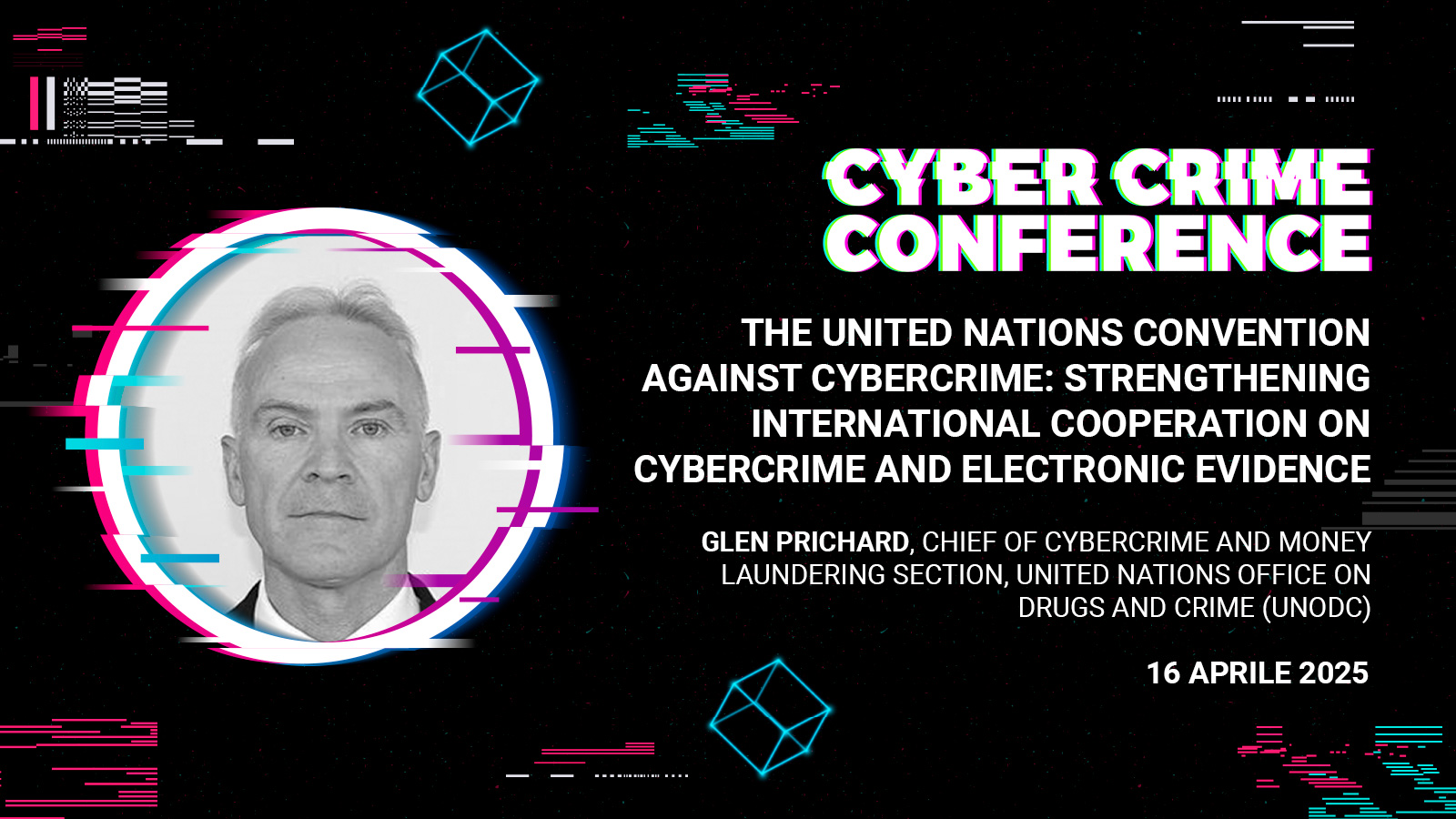
The United Nations Convention against Cybercrime: strengthening international cooperation on cybercrime and electronic evidence
Glen Prichard, Chief of Cybercrime and Money Laundering Section, United Nations Office on Drugs and Crime (UNODC)
Cybercrime continues to evolve, from malware attacks on electronic data or ICT systems to large-scale online fraud and online abuse or exploitation of children. In addition to new forms of crime, ICTs have dramatically increased the scale, speed and scope of traditional criminal activities, ranging from illicit drug trafficking to terrorist activities or transnational organized crime. At the same time, this technological revolution has transformed criminal investigation and prosecution. Electronic evidence is not only an essential element of cybercrime investigations, but also a critical component in almost all criminal cases that leave digital traces. This poses unprecedented challenges to criminal justice systems.
The United Nations Convention against Cybercrime equips its States parties with essential measures to address these evolving challenges. The Convention is the first truly global legally binding instrument on cybercrime. As a treaty open to universal participation, it enables cooperation among all countries, thereby enables the legal gaps cybercriminals can exploit and harmonizes criminal laws and procedural standards across the globe, reducing safe havens while bridging differences between legal systems.